Search
Search Results

Definition
Napoleon Bonaparte
Napoleon Bonaparte (1769-1821) was a Corsican-born French general and politician who reigned as Emperor of the French with the regnal name Napoleon I from 1804 to 1814 and then again briefly in 1815. He established the largest continental...

Definition
Georges Danton
Georges Jacques Danton (1759-1794) was a French lawyer who became a prominent leader of the French Revolution (1789-1799). Danton played a major role in the overthrow of the French monarchy and the subsequent establishment of the First French...
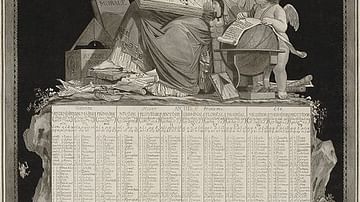
Definition
French Republican Calendar
The French Republican calendar, also known as the French Revolutionary calendar, was created during the French Revolution (1789-1799) in an attempt to build a new society separate from the vestiges of the Ancien Régime. First implemented...
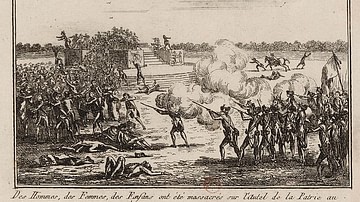
Definition
Champ de Mars Massacre
The Champ de Mars Massacre was an incident that took place on 17 July 1791, when soldiers of the National Guard under the Marquis de Lafayette opened fire on a crowd of demonstrators, who were calling for a referendum on the king's abdication...

Definition
First Triumvirate
The First Triumvirate of ancient Rome was an uneasy alliance between the three titans Julius Caesar, Pompey, and Crassus which, from 60 BCE until 53 BCE, dominated the politics of the Roman Republic. Alliances have always been a part of history...

Definition
Roman Warfare
Roman warfare was remarkably successful over many centuries and across many territories. This was due to several important factors. Italy was a peninsula not easily attacked, there was a huge pool of fighting men to draw upon, a disciplined...

Definition
Plebeians
Plebeians were members of the plebs, the hereditary social class of commoners in ancient Rome. Their exclusion from political power by the patricians, who claimed to be the descendants of the first senators, led to Conflict of the Orders...
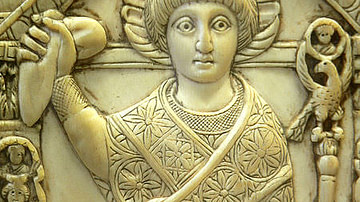
Definition
Consul
In 509 BCE, with the exit of the last Etruscan king, Lucius Tarquinius Superbus, the Roman people were presented with a unique opportunity, an opportunity that would eventually have an immense impact on the rest of Europe for centuries to...
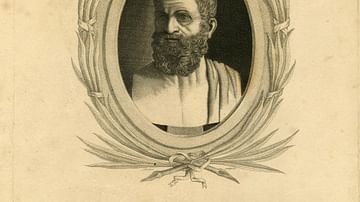
Definition
Sallust
Gaius Sallustius Crispus (86-35 BCE), better known as Sallust, was a Roman statesman and historian. He turned away from an unsuccessful career in both politics and the Roman army, choosing instead on a writing career and produced three major...
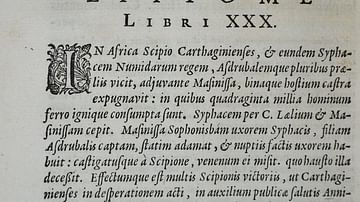
Definition
Livy
Without the valuable contributions of historians, later generations would have little knowledge of the past - the good as well as the bad. Herodotus and Thucydides, the fathers of historical writing, would never have written their histories...